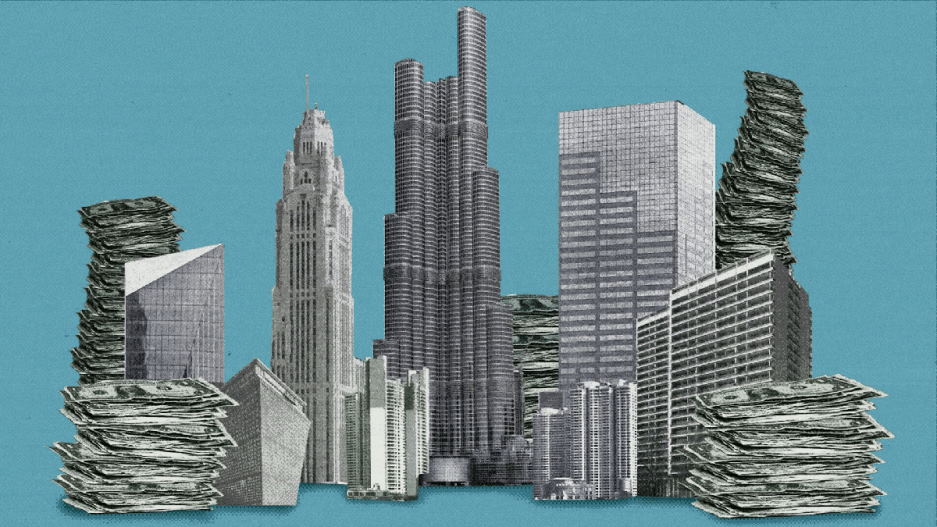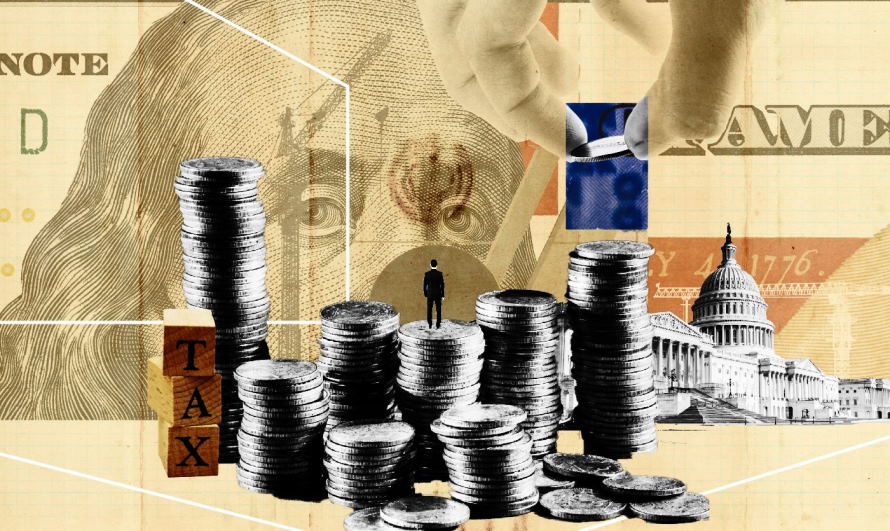
Exploring Radical Economic Theories: Why We Need to Revolutionize Our Approach to Economics
In our current economic system, people are always looking for ways to get ahead. They want to make more money, buy more things, and live better lives. But what if there were another way? What if we could create an economy designed to benefit everyone, not just a select few?
Radical economic theories propose just that. These theories suggest that we restructure our economy to reduce inequality and provide everyone with more opportunities. They challenge the status quo and offer new ways of thinking about how our economy should work.
This blog post will explore some of the most radical economic theories. We’ll discuss their key ideas and examine how they differ from traditional economics. We’ll also consider whether these theories could work in the real world. So let’s dive in and see what these radical economists say!
Rethinking capitalism: the radical ideas that are redefining markets
The current economic system is failing us. Inequality is rising, poverty is rampant, and the natural world is being destroyed at an alarming rate. The status quo is simply not sustainable.
We need a new approach to economics that puts people and the planet first. This is what we call radical economics.
Radical economics challenges the traditional assumptions of mainstream economics and proposes alternative ways of organizing our economy. For example, radical economists advocate for a more equitable distribution of wealth and resources instead of focusing on growth for the sake of growth. They also call for a dramatic reduction in greenhouse gas emissions to avert the worst effects of climate change.
In short, radical economics is about rethinking our entire approach to the economy – and it is an essential part of building a just and sustainable future for all.
If you’re interested in learning more about radical economics, check out the resources below. We’ve also included a list of organizations working to advance these ideas.

Discover the most radical economic theories of our time
In the past few years, a number of radical economic theories have been proposed that seek to upend the existing order. Some of these theories advocate for eliminating private property, while others argue for a complete overhaul of the current financial system. Here, we will look at some of our time’s most radical economic theories.
- Modern Monetary Theory
Modern Monetary Theory (MMT) is a school of thought that advocates for using government-issued fiat currency to finance public expenditure. According to MMT proponents, this would allow governments to avoid debt altogether and fund any desired level of public spending.
- Georgism
Georgism is an economic theory that holds that private ownership of land and other natural resources is the cause of poverty and inequality. Georgists advocate for a system of taxation that would see landowners pay taxes based on the value of their land, with the revenue raised used to fund public goods and services.
- Anarcho-Capitalism
Anarcho-Capitalism is a political philosophy that holds that the state should be abolished entirely and replaced by voluntary associations between individuals. Anarcho-Capitalists believe that all forms of coercion, including taxation, are illegitimate and that private property rights should be absolute.
- Bitcoin Maximalism
Bitcoin Maximalism is the belief that Bitcoin will eventually replace all other fiat currencies as the global reserve currency. Bitcoin Maximalists believe that this will happen due to the inherent advantages of Bitcoin, such as its decentralized nature, limited supply, and resistance to inflation.
- Austrian Economics
Austrian Economics is a school of thought that emphasizes the importance of individual freedom and the market process. Austrians are critical of government intervention in the economy and believe the free market is the most efficient way to allocate resources.

- Marxist Economics
Marxist Economics is a school of thought that seeks to overthrow capitalism and replace it with socialism. Marxists believe that capitalism is inherently unjust and exploitative and that it can only be replaced by a system in which the working class owns the means of production.
- Libertarian Socialism
Libertarian Socialism is a political philosophy that advocates for a classless, stateless society based on voluntary cooperation. Libertarian Socialists believe that the state is an instrument of oppression and that capitalism is incompatible with liberty and equality.
- Post-Scarcity Economics
Post-Scarcity Economics is a school of thought that the era of scarcity is over and that abundance is now possible. Post-Scarcity Economists believe that new technologies have made it possible to produce enough goods and services to meet the needs of everyone on the planet.
- Basic Income Guarantee
The Basic Income Guarantee (BIG) is a proposal to provide a universal basic income to all citizens, regardless of employment status. BIG proponents argue that this would eliminate poverty and provide individuals with the financial security to pursue their own goals and dreams.
- Degrowth
Degrowth is an economic theory that holds that the goal of economic policy should be to reduce consumption rather than to grow the economy. Degrowth proponents argue that our current system of perpetual growth is unsustainable and that we need to transition to a more sustainable model of economic activity.

